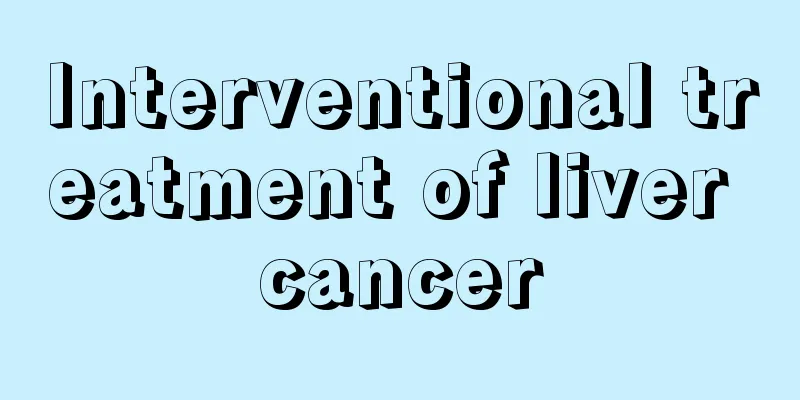What is the reason for pustules on the skin

|
A pustule refers to a raised bag on the skin with pus inside. The color of the pus may be yellow or yellow-green, etc. The pus may contain many bacteria or necrotic cells. In life, many people will develop pustules on their skin, which makes patients very distressed. They don’t know why pustules grow on their skin. Here we introduce some common knowledge about the causes and treatments of pustules. 1. Causes and common diseases Pustules can be divided into bacterial pustules and aseptic pustules according to whether there are bacteria, fungi and other microorganisms in the pus. Bacterial pustules are mainly caused by bacterial folliculitis, acne pustules, furuncles and furunculosis, carbuncles, cellulitis, lymphangitis, pustules formed after bacterial infection of the wound, and pressure sores. It is mainly caused by bacteria or fungi invading the human skin or mucous membranes, which produce local inflammatory reactions, resulting in the appearance of red painful nodules, and then pustules, with local redness, swelling, heat and pain. Pus is a thick or thin exudate formed during the inflammation of body tissues, which contains degenerated and necrotic white blood cells, bacteria, necrotic tissue fragments and exuded tissue fluid. Sterile pustules are mainly formed by the local aggregation of inflammatory cells, together with the collapse of epidermal cells, eosinophils, etc. Common ones include palmoplantar pustulosis, continuous acrodermatitis, herpetiformis pustulosis, subcorneal pustular dermatosis, eosinophilic pustular folliculitis, pustular psoriasis, and acute generalized exanthematous pustulosis. 2. Clinical manifestations Pustules can occur anywhere. Infectious pustules often occur in areas with abundant oil secretion and prone to trauma, such as the face, back, and buttocks. They are scattered and the pustules are the size of grains to mung beans. They are follicular pustules and pustules formed on the tops of papules. The pus is relatively viscous after bursting, and shallow scars are left after healing. Non-infectious pustules often occur in wrinkles, extremities, back, and other areas. Initially, the base is not erythematous, and there are purulent lumps ranging in size from needle tips to mung beans, which are scattered and some merge into pus lakes. After rupture, the epidermis peels off, revealing a bright red base. Some patients have symptoms such as fever, fatigue, and body aches. 3. Treatment principles The treatment of pustules mainly focuses on the treatment of the primary disease and corresponding symptomatic treatment. For infected pustules, treat with local and systemic antibiotics and keep the area clean and dry. For non-infectious pustules, the focus is on treating the primary disease, symptomatic treatment, and appropriate supportive care. |
<<: How to treat pustular rash
>>: What should I do if there is an abscess on my leg
Recommend
Tips to self-test whether you have damp-heat constitution
If you have a damp-heat constitution, your body w...
How much does it cost to treat bile duct cancer
Due to various reasons, in modern society, cancer...
What are the key points in diagnosing lung cancer?
What are the key points for diagnosing lung cance...
A 62-year-old woman was diagnosed with lung cancer. She held back her tears and said frankly: I had problems with my hands a long time ago, but I didn't pay much attention to it
Today, I want to share with you a case that touch...
How to treat coronary artery atherosclerosis
When a person gets older, he must be very careful...
Does atrial fibrillation require surgery?
Surgery is a method of treating human diseases, a...
Is lung cancer contagious? What should lung cancer patients pay attention to in their diet?
Lung cancer is a very serious disease. It goes wi...
How to remove the smell of garlic
For people in the Northeast, especially those who...
Bone cancer patients should pay attention to their early symptoms
In recent years, bone cancer, as a common tumor d...
How to choose a traditional Chinese medicine hospital for the treatment of small cell lung cancer
Many lung cancer patients seek medical treatment ...
How to control the causes of eutrophication of water bodies
Today's environmental pollution has become a ...
Difference between ampullary tumor and pancreatic cancer
The main differences between ampullary tumors and...
What to eat to digest zongzi
Although zongzi is a very delicious traditional f...
What are the reactions to anorexia?
Anorexia patients are generally children, and the...
Arachnoid cyst precautions and care matters
Arachnoid cyst is a congenital disease with the h...









